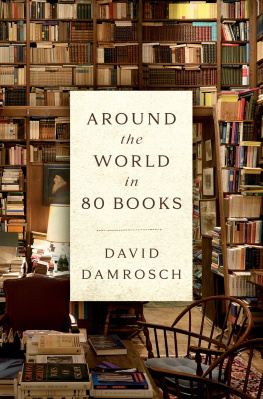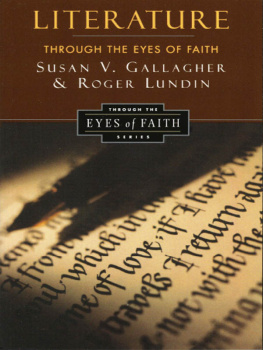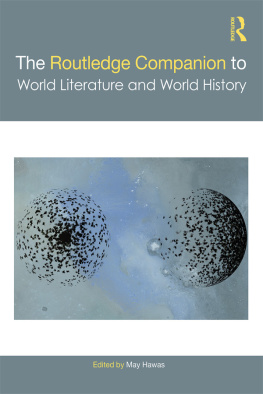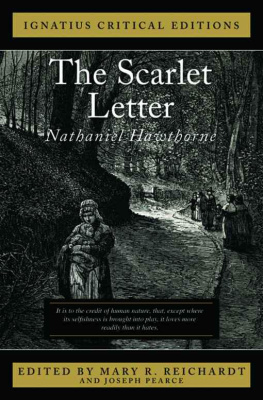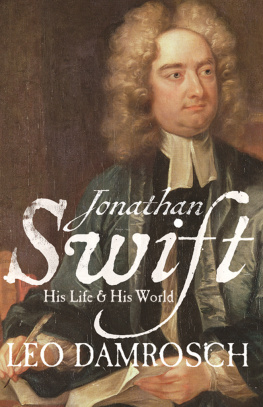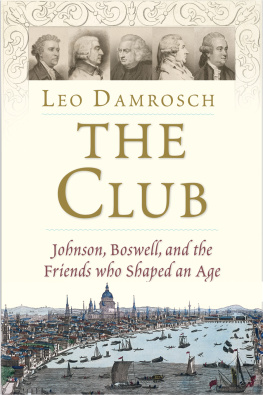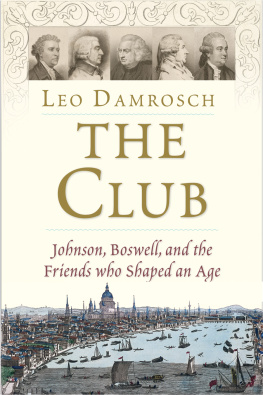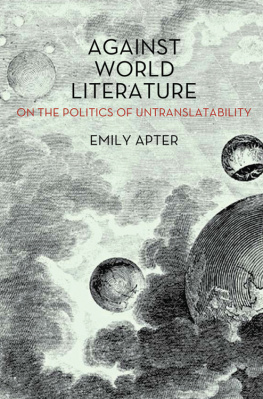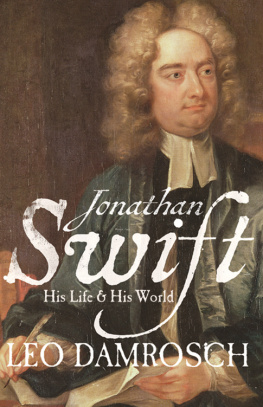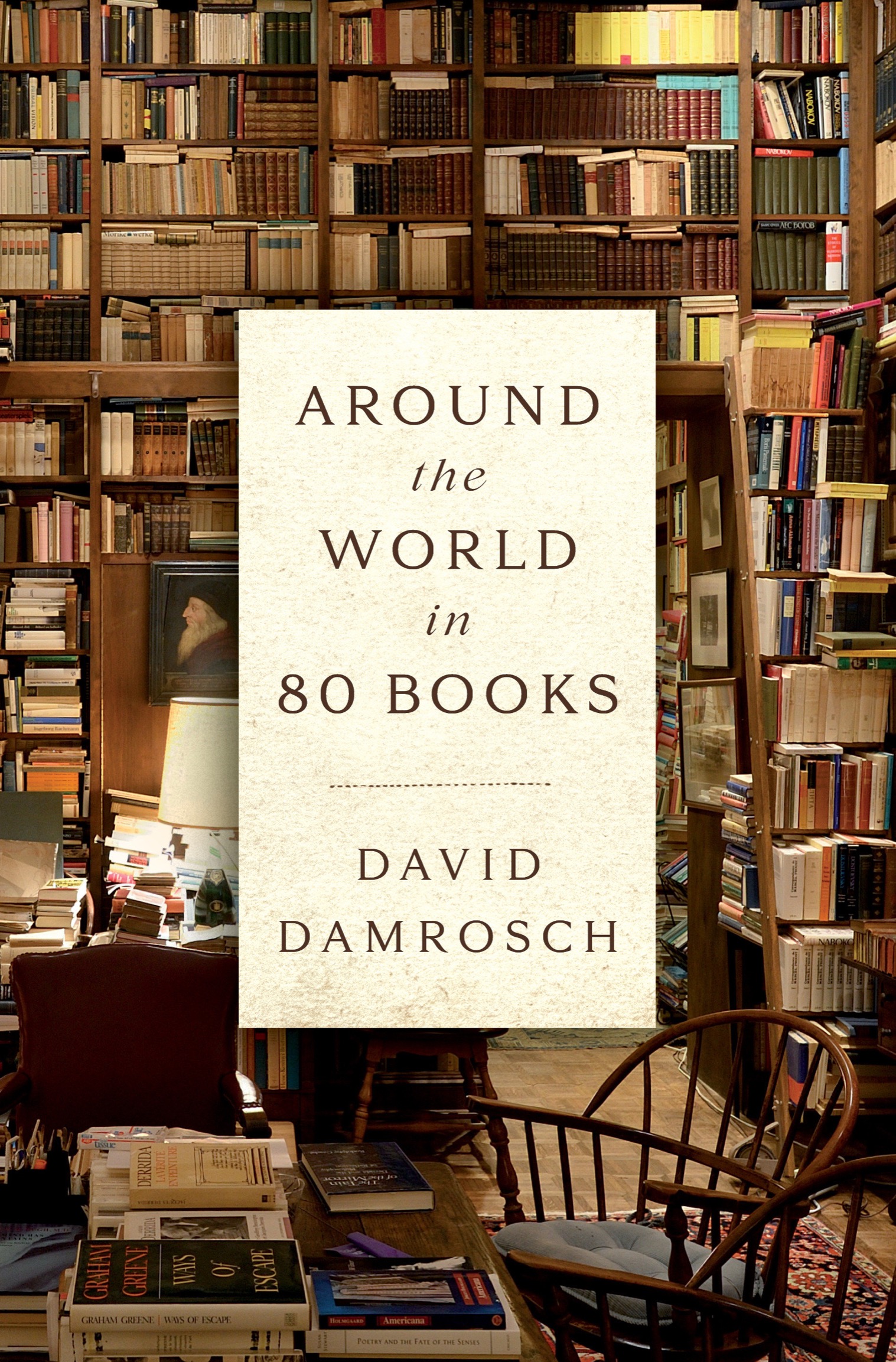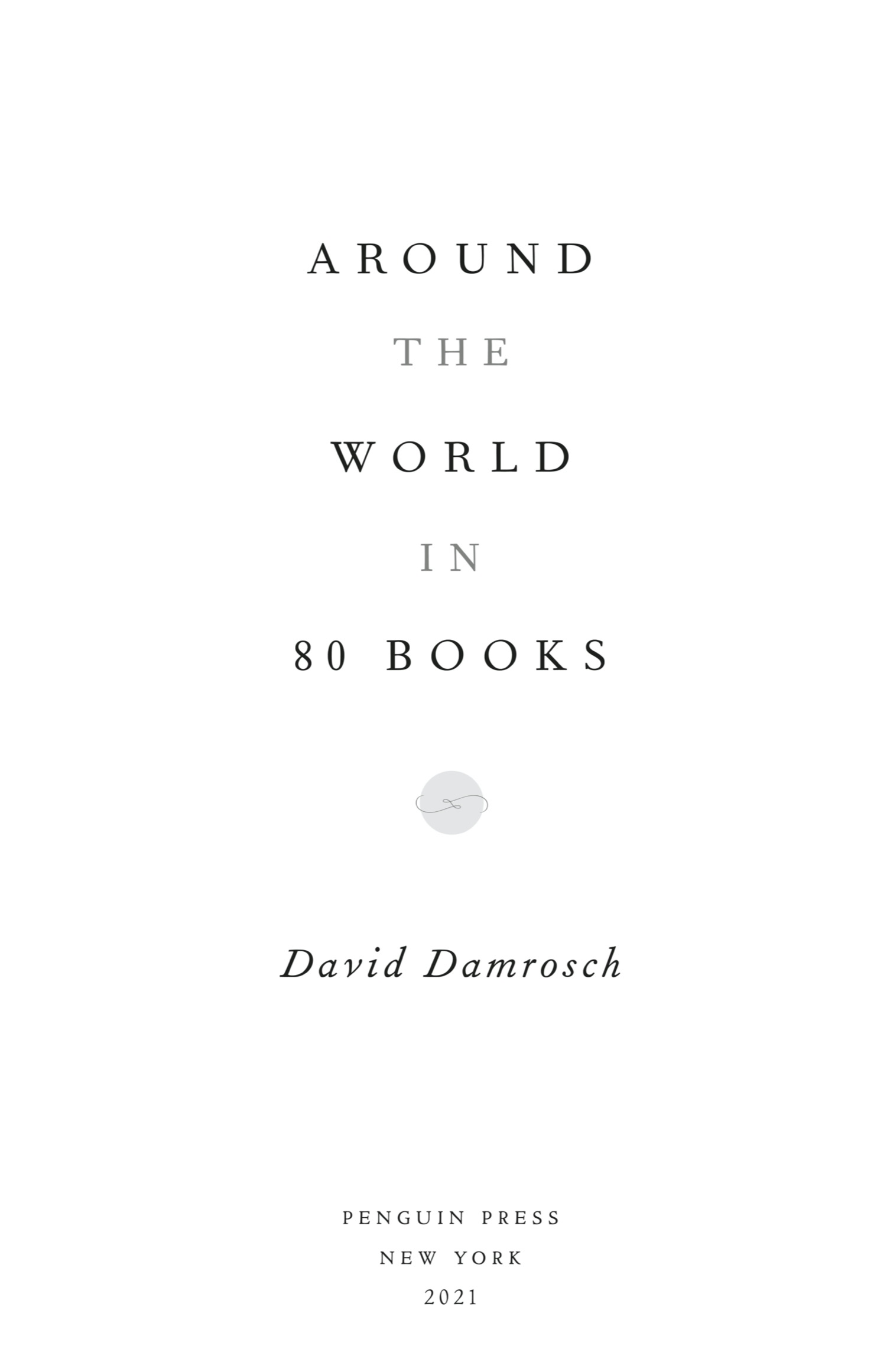Penguin supports copyright. Copyright fuels creativity, encourages diverse voices, promotes free speech, and creates a vibrant culture. Thank you for buying an authorized edition of this book and for complying with copyright laws by not reproducing, scanning, or distributing any part of it in any form without permission. You are supporting writers and allowing Penguin to continue to publish books for every reader.
constitutes an extension of this copyright page.
Cover photograph taken by Will Kirk as an employee of JHU depicting Richard Mackseys personal library
INTRODUCTION
The Voyage Out
In the spring of 1968, my ninth-grade English teacher, Miss Staats, gave me the book that changed my life: Laurence Sternes comic masterpiece, The Life and Opinions of Tristram Shandy, Gentleman. I put aside The Lord of the Rings, which I was then reading for the sixth or seventh time, and fell into an entirely new world: not only the lively landscape of eighteenth-century England, with its snuff-boxes and horse-drawn carriages, its fops, rakes, and glances half-hidden behind lacy fans, but also a fictional realm that Id never imagined. Sterne reveled in the infinite possibilities of the modern novel, a form so new that its very name announced its novelty. He loved to interrupt his narrative with black or marbled pages, and he inserted a dedication, eight chapters in, offered for sale to the highest bidder. Sterne poured the entire world into his tale of the Shandy familys misadventures, in a heady mix of social satire and philosophical speculation, enlivened by verbal hijinks and sly sexual innuendo. I was entranced. Where had such writing been all my lifeall fifteen years of it? Where could I find more books like it?
Tristram himself served as my guide. Among the many opinions that crowd his life story, he speaks at one point of my dear Rabelais, and dearer Cervantes. I didnt know anything about either of these gentlemen, but if they were good enough for Tristram Shandy, theyd be good enough for me. In the bookstore next to my school bus stop I found the thick black Penguin paperbacks of Gargantua and Pantagruel and Don Quixote, in the solid translations of that era by J. M. Cohen. Both authors more than lived up to their billing, and by midsummer I was hungry for more. But where to go next? Anticipating Amazons algorithms today, at the back of their books Penguin offered a selection of titles likely to appeal to readers of the book theyd just finished. I was eager to find another rollicking Rabelaisian satire, so I settled on a likely title: The Divine Comedy. I soon discovered that Dantes visionary epic wasnt exactly the knee-slapper Id been hoping for, but his cosmic vision and his melancholy eloquence drew me in. As summer waned and the new responsibilities of tenth grade approached, I decided that I was ready for another deeply serious and otherworldly work. Bidding farewell to the pulsating celestial rose at the heart of Dantes surprisingly sensuous paradise, I came upon the perfect title in the back of my Penguin Paradiso, Nikolai Gogols Dead Soulsonly to discover that this was the sparkling satire Id expected from Dante. Bliss was it in that dawn to be alive, as Wordsworth would say, but to be a young reader was very heaven.
Literatures pleasures can have real-world benefits, both personal and political. I came of age as the Vietnam War was winding down, but eighteen-year-olds were still being drafted in considerable numbers. When it came time to register for the draft as a high school senior, I mounted a case for designation as a conscientious objector, and I bolstered my application with a satirical story Id written about guns that turn on their users. I received the designation, quite possibly only because my local draft board had plenty of more likely prospects to fill their quota, but I felt that Id been able to enlist the power of literature in making my appeal. The next year, as a college freshman, I had definitive evidence of the value of reading. Early in the fall semester, I saw a sign for an audition that night for a production of Gilbert and Sullivans operetta Trial by Jury, and I wanted to try out for the chorus, even though I hadnt yet done the reading for my class the next day on Platos Republic. But I had read The Republic a couple of years before, and I decided that my limited recollections would do, so I went ahead with Trial by Jury. This proved to be a non-Platonic choice in more ways than one, since in the chorus I met an alto with a lovely smile. When I teach a great books course today, I tell my students that I have visual proof that reading Plato can change your life, and I show a photo of my wife, Lori, and myself, three and a half decades after that memorable autumn, with our three kids at our older daughters college graduation. Our lifes journey began thanks to reading Plato, or more precisely thanks to having read Plato; we never know when a book may prove to be a life-changing experience.
Since then, Ive devoted myself to exploring ancient and modern literatures. Long focused on a handful of European literatures, the realm of world literature now encompasses a host of classic works, from The Epic of Gilgamesh to The Tale of Genji and the Mayan Popol Vuh, that were never found on syllabi outside specialized area studies programs, while the Nobel and Booker prizes are given to contemporary writers as varied as Chinas Mo Yan, Turkeys Orhan Pamuk, Polands Olga Tokarczuk, and Omans Jokha Alharthi. Ive written a good deal about these changes, but apart from a book on Gilgamesh, Ive addressed myself to students and to scholars. More recently, however, I began to think about how I might introduce a broader readership to the expansive landscape of literature today, both in Europe and beyond. What kind of story to tell, and how to give it a satisfying shape?
Literary works are the product of two very different worldsthe world of the writers experience, and the world of books. These offer the resources that writers use, and transform, in order to process their often chaotic and painful experience into lasting and pleasurable form. The present project is no exception. It draws on my experiences in giving talks in some fifty countries around the world, and it equally takes shape from a variety of literary explorations and fictional adventures. The first movie I ever saw, at age three in 1956, may have been the wide-screen version of Jules Vernes Around the World in 80 Days, starring David Niven as the obsessively punctual Phileas Fogg and the Mexican comedian Cantinflas as his servant Jean Passepartout. I also had in mind Harold Blooms eloquent, idiosyncratic paean to great books, The Western Canon, though to survey todays global landscape, I wanted a larger cast of characters than his select set of twenty-six writers. Vernes tally of eighty seemed about right, a capacious but still manageable number of works to discuss. Drawing on my experiences abroad, I decided to loosely mimic Phileas Foggs route from London eastward through Asia, across the Pacific to the Americas, and finally back to London. I would recall, and often actually revisit, a group of particularly memorable locations and the books I associate with them, both to see how literature enters the world and to think about how the world bleeds into literature.

